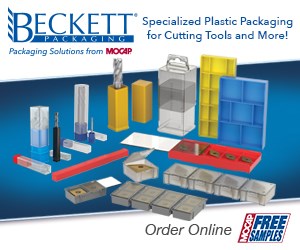Spirit AeroSystems Brings New Titanium Fabrication Technology to Factory
The Joule Form process allows Spirit to form parts out of titanium plates rather than relying on machining large blocks of titanium.
Spirit AeroSystems is transitioning recent research breakthroughs from the laboratory to its factory. The Joule Form process, which Spirit developed, is a new method for forming titanium raw material at elevated temperatures in the fabrication of aerospace components.
“We are the first in the aerospace industry to use this high-tech solution. The implementation of the Joule Form process allows for more advanced production of titanium parts, such as those on Spirit’s propulsion, fuselage and wing products,” says senior vice president and chief technology and quality officer John Pilla.
The Joule Form process allows Spirit to form parts out of titanium plates rather than relying on machining large blocks of titanium. This reduces waste and decreases the amount of machining. The process was internally developed as part of one of Spirit's key research focus areas, the Lean Metallic Structures Distinctive Capability.
Joule Form technology can be used on aircraft components that are machined from plates or forgings, specifically on materials that are hard to machine and expensive to procure (such as titanium and steel alloys).
Related Content
-
Horizontal High-Speed Machining Saves Hundreds of Work Hours
High-speed machining is the latest change at Blair-HSM South, helping this once old-fashioned shop improve productivity and morale while enabling new work.
-
How to Meet Aerospace’s Material Challenges and More at IMTS
Succeeding in aerospace manufacturing requires high-performing processes paired with high-performance machine tools. IMTS can help you find both.
-
Arch Cutting Tools Acquires Custom Carbide Cutter Inc.
The acquisition adds Custom Carbide Cutter’s experience with specialty carbide micro tools and high-performance burrs to Arch Cutting Tool’s portfolio.












